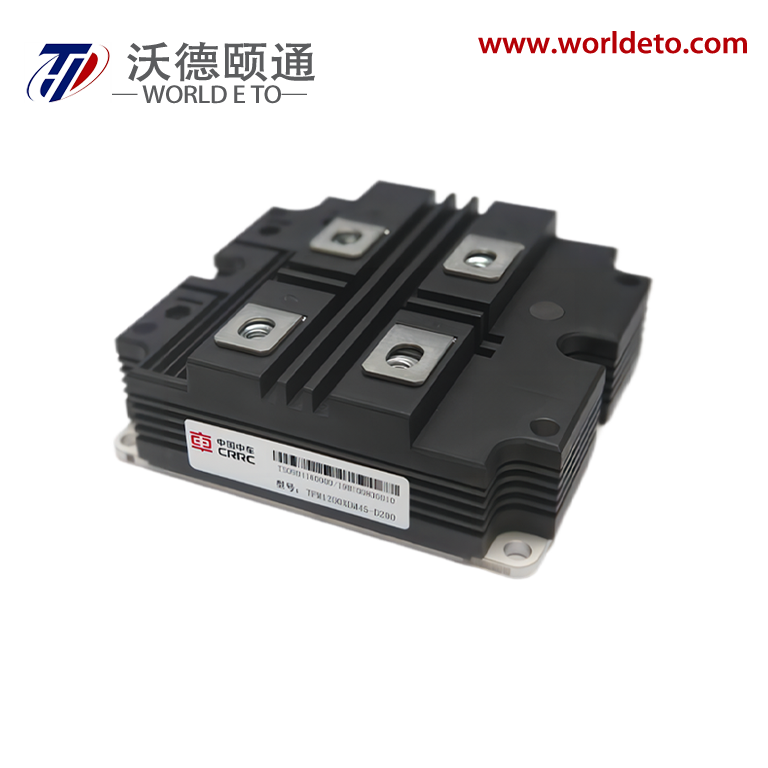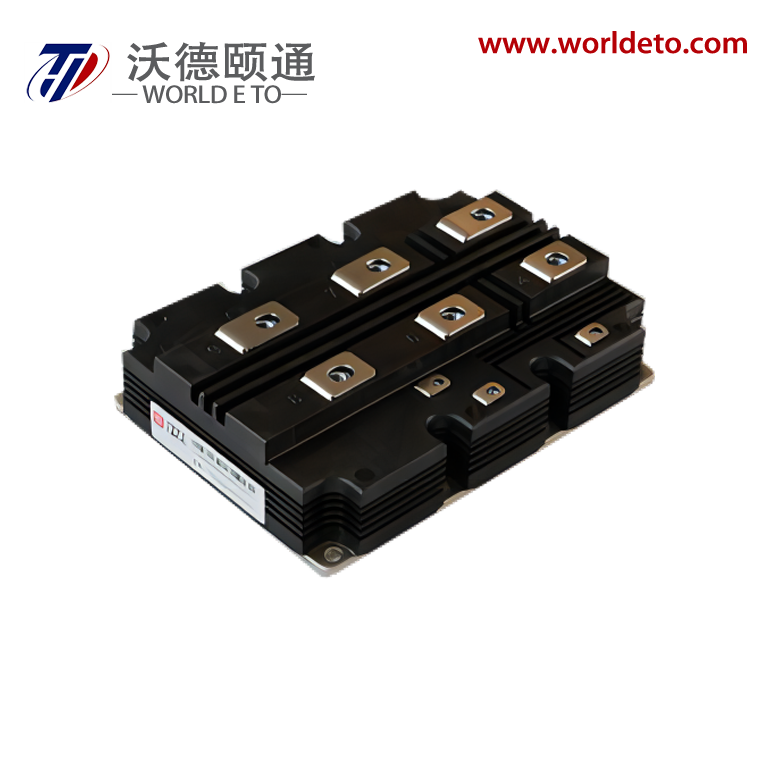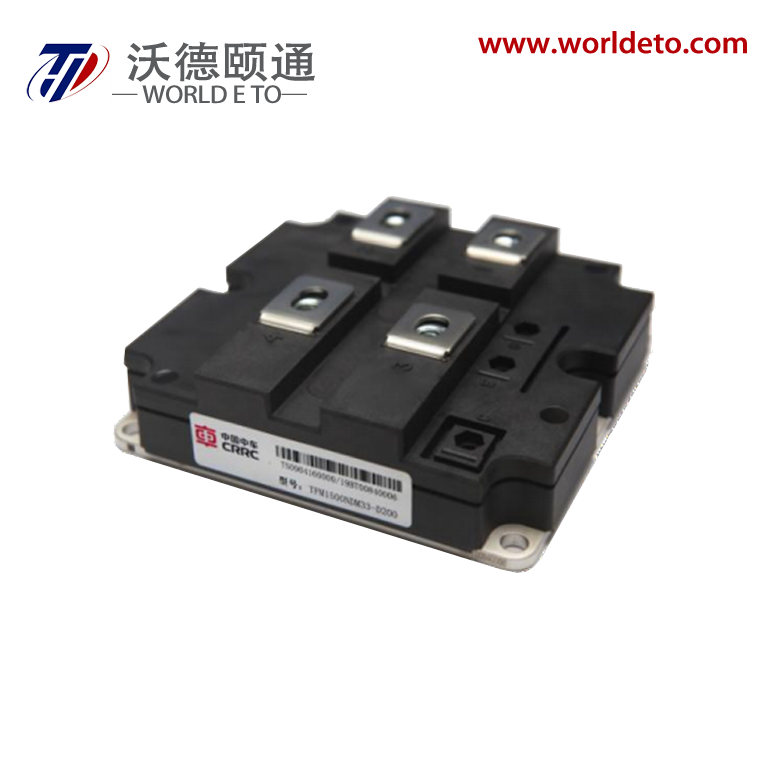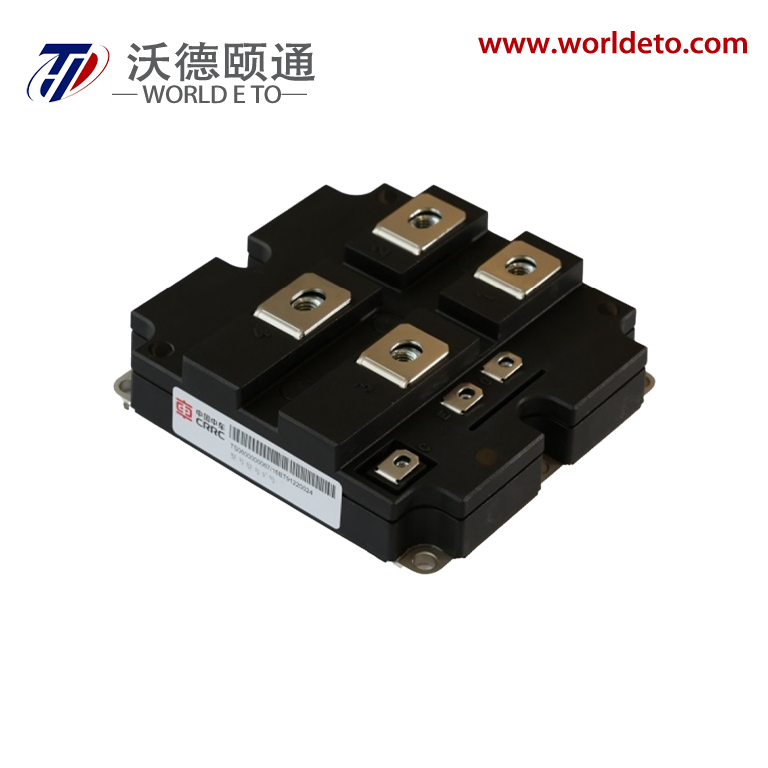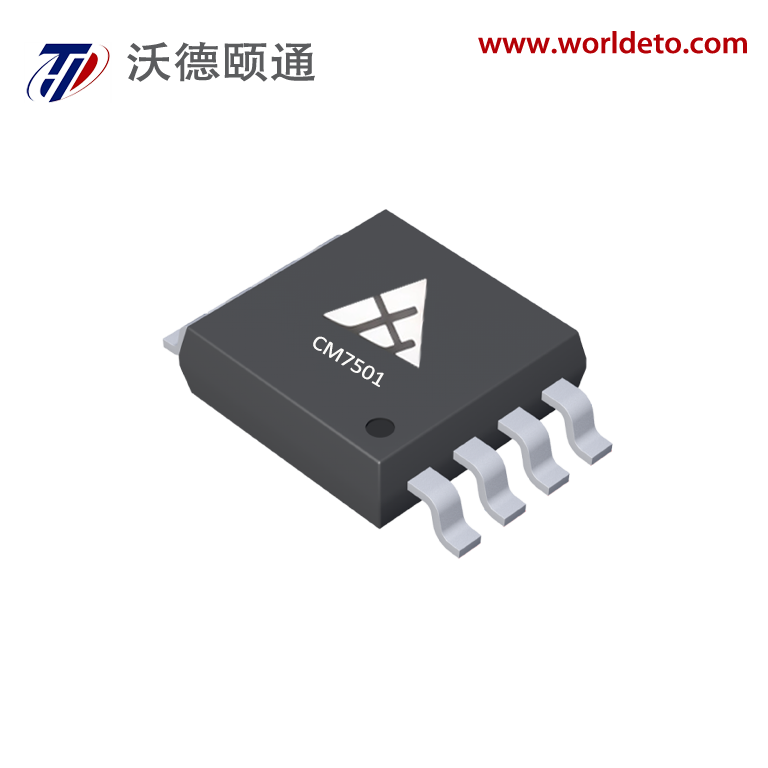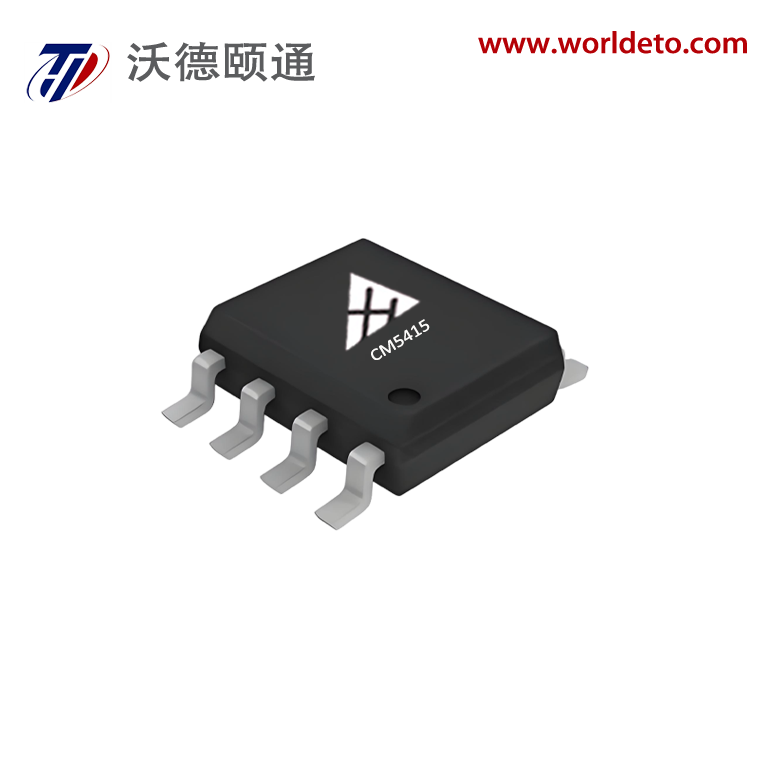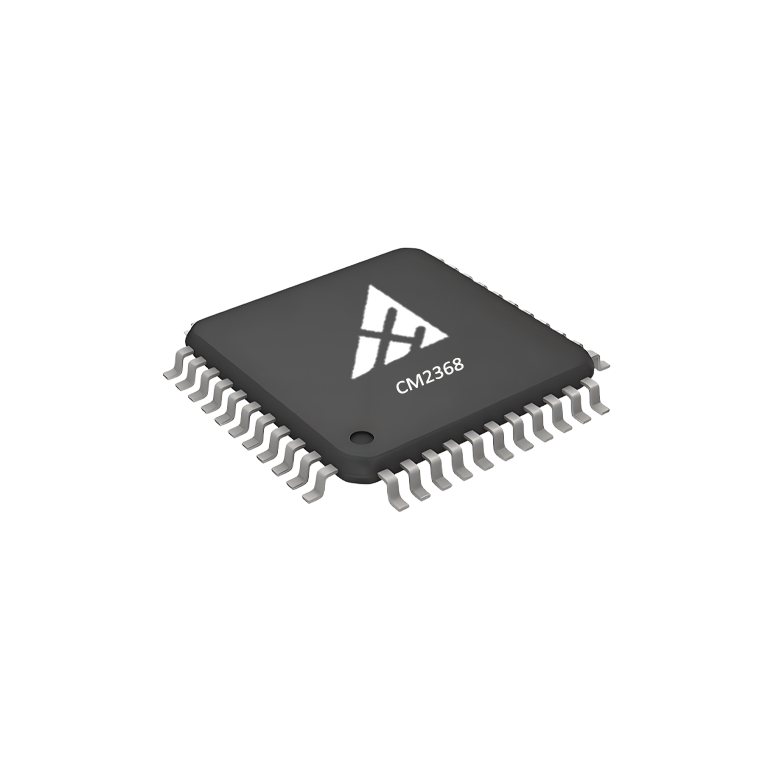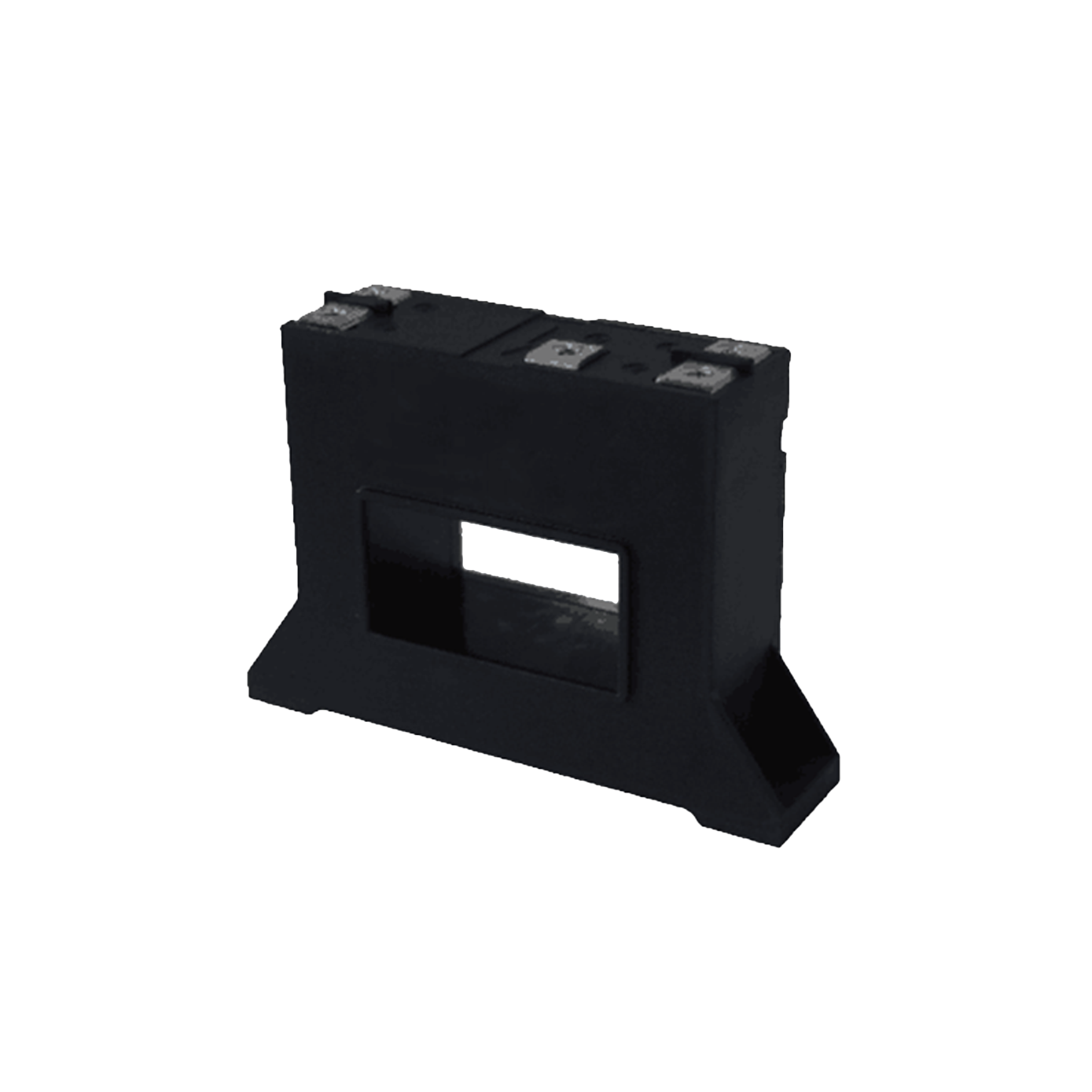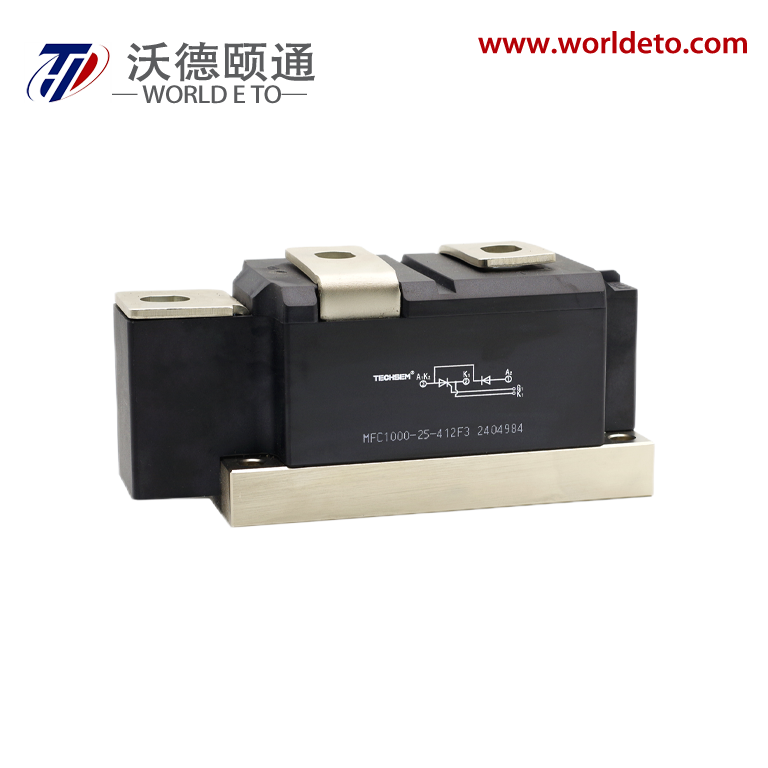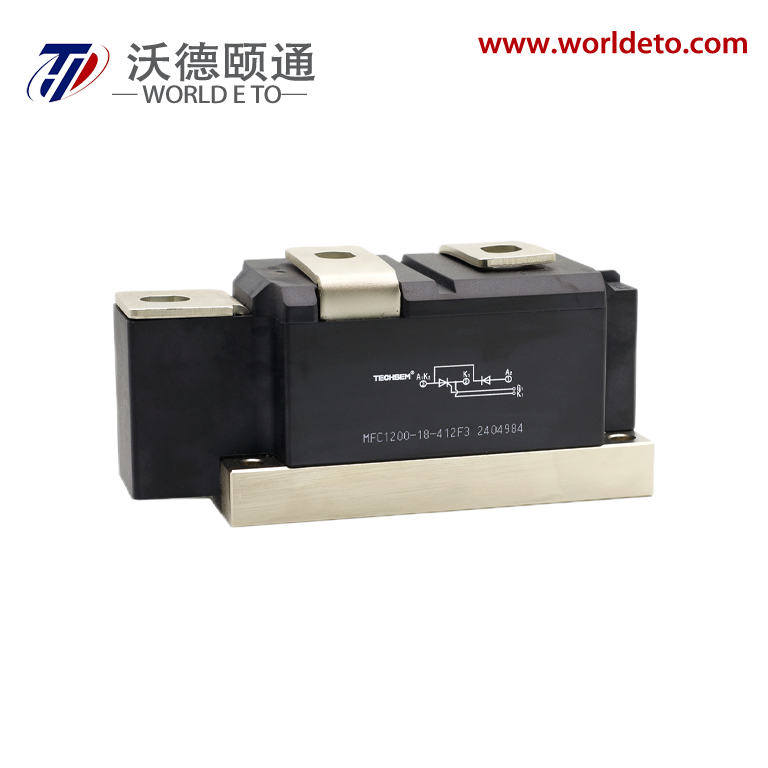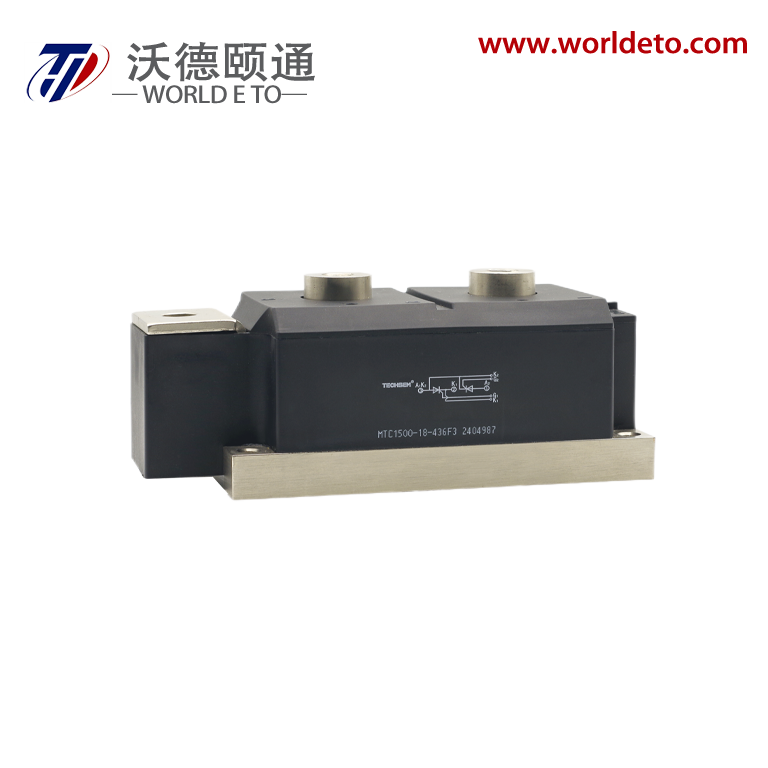Uzun müddətli xidmət müddəti ilə bərabər olaraq qorunması tələb olunmayan iş
Tranzistor rele texnologiyasının bərk cisim quruluşu, ənənəvi açarlanma həllərindən çox daha uzun xidmət müddəti təmin edərək, praktiki olaraq bütün texniki xidmət tələblərini aradan qaldırır. Bu texniki xidmət tələb etməyən işləmə rejimi, dayanıqlılığı artırmaq və əməliyyat xərclərini azaltmaq istəyən müəssisələr üçün əhəmiyyətli bir rəqabət üstünlüyü yaradır. Dövri olaraq yoxlanılması, təmizlənməsi və dəyişdirilməsi tələb olunan mexaniki kontaktlara malik elektromaqnit relələrinin əksinə, tranzistor rele qurğuları performansın aşağı düşməsi və ya sapması olmadan davamlı şəkildə işləyir. Hərəkət edən hissələrin olmaması, kontaktda aşınma, yayların yorulması və mexaniki uyğunsuzluq kimi ənənəvi açarlanma cihazları ilə əlaqəli əsas arıza səbəblərini aradan qaldırır. Sənaye müəssisələri, bütün əməliyyatlarda tranzistor rele texnologiyasını tətbiq etdikdə texniki xidmət planlaşdırma tələblərində və əlaqəli əmək haqqı xərclərində əhəmiyyətli azalma müşahidə edirlər. Qapalı quruluş, mexaniki açarlanma cihazlarında tez-tez erkən arıza səbəbi olan mühit çirkləndiricilərindən tam mühafizə təmin edir. Toz, nəm, kimyəvi buxarlar və korroziya təsirli atmosferlər daxili tranzistor rele komponentlərinə heç bir təsir göstərmir və bu da ətraf şəraitdən asılı olmayaraq sabit işləməni təmin edir. Bu mühitə qarşı davamlılıq, xüsusilə kimya emalı zavodları, qida istehsalı müəssisələri və xarici quraşdırmalar kimi ağır sənaye şəraitində, ənənəvi relələrin tez-tez dəyişdirilməsi tələb olunduğu hallarda xüsusi qiymətlidir. Keyfiyyətli tranzistor rele qurğularının xidmət müddəti, normal işləmə şəraitində adətən on milyondan çox açarlanma sikli keçir; bəzi tətbiqlərdə isə performansda heç bir aşağı düşmə müşahidə edilmədən əlli milyondan artıq açarlanma sikli əldə edilir. Bu istisnai ömürlülük, ehtiyat hissələrinin stok ehtiyacını azaldır və ümumi sahiblik xərclərini aşağı salır. Tranzistor rele texnologiyası, mexaniki açarlanma cihazlarının xarakterik xüsusiyyəti olan postepen deqradasiya olmadan işləmə müddəti boyu sabit performans təmin etdiyinə görə proqnozlaşdırıcı texniki xidmət strategiyaları artıq lazım deyil. Etibarlılıq yaxşılaşdırılmaları yalnız açarlanma elementləri ilə məhdudlaşmır: azalmış elektromaqnit maneələri və elektrik gürültüsü ətrafdakı elektron komponentlərin performansını da yaxşılaşdırır. Tranzistor rele texnologiyasının elektromaqnit açarlanma cihazlarını əvəz etməsi sistem üzrə etibarlılığı artırır və bu da gözlənilməz arızaların azalmasına və fövqəladə təmir tələblərinin azalmasına gətirib çıxarır.

